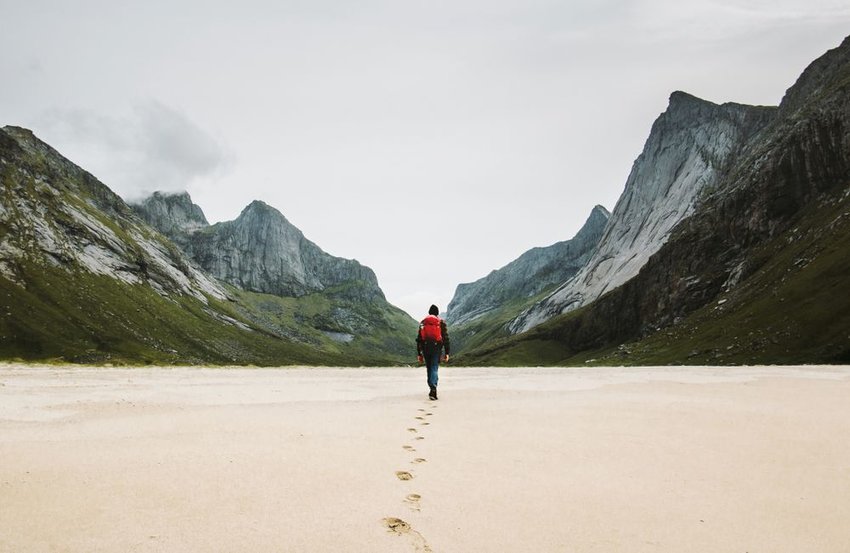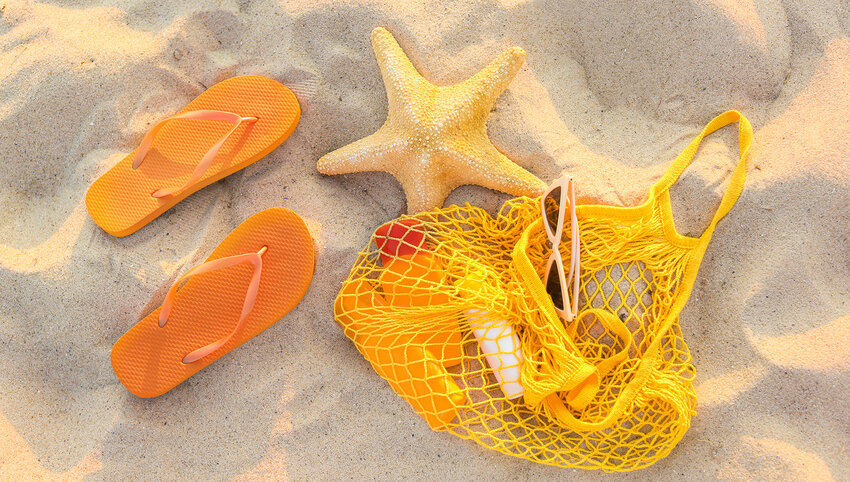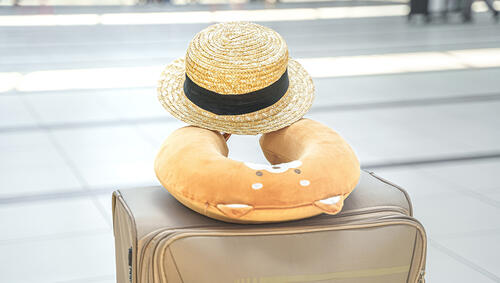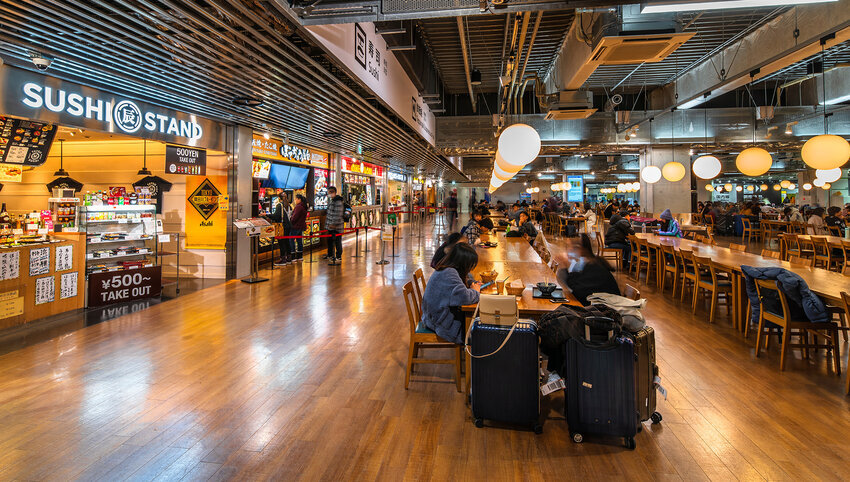If we let fear stand in our way, we’d never do anything. But travel, by its very definition, requires us to step outside of our comfort zone and into the unfamiliar. The French-Algerian philosopher, author, and journalist Albert Camus once said, “What gives value to travel is fear.”
If I’ve learned one thing from my own travels, it’s that what might sound scary on paper (or on the internet) is almost always less so in real life. Trust your instincts and your ability to think on your feet, but don’t ever not go. Here’s how to face the most common travel fears.
Fear of Flying
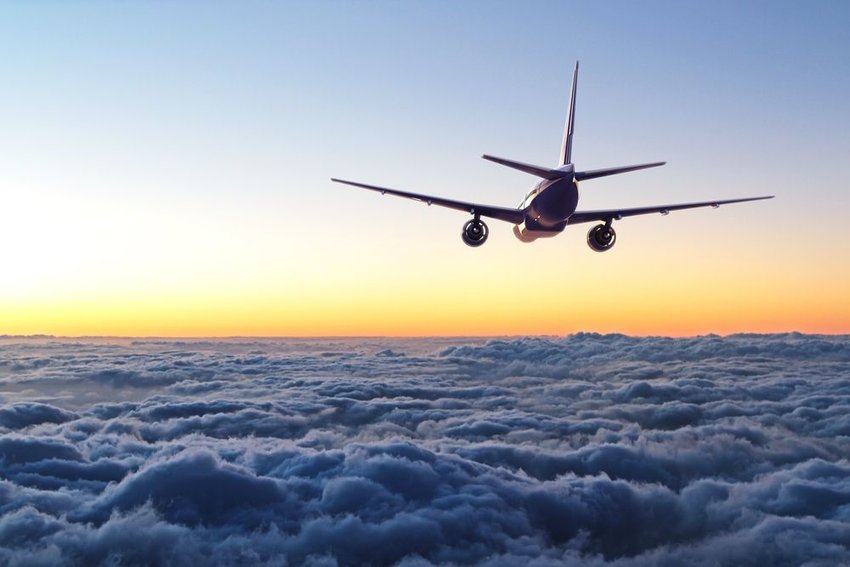
Although the statistics would indicate this is an irrational fear, for nervous flyers, the fear of taking to the air is very real. In fact, you’re far more likely to die behind the wheel of your own car than you are in a plane crash. If you don’t believe me, download the “Am I going down?” app and check out the odds for the next flight you intend to take. In many cases there’s anything from a 1-in-5-million to a 1-in-10-million chance you’ll be the unlucky one — and those sound like exceptionally good odds to me. It can help to boost your knowledge about how a plane stays airborne and what the bumps and noises are that you hear during your flight. Sign up for a “fear of flying” course and expert trainers will have you relaxed and ready to jump on a plane before you know it.
Fear of Going Alone
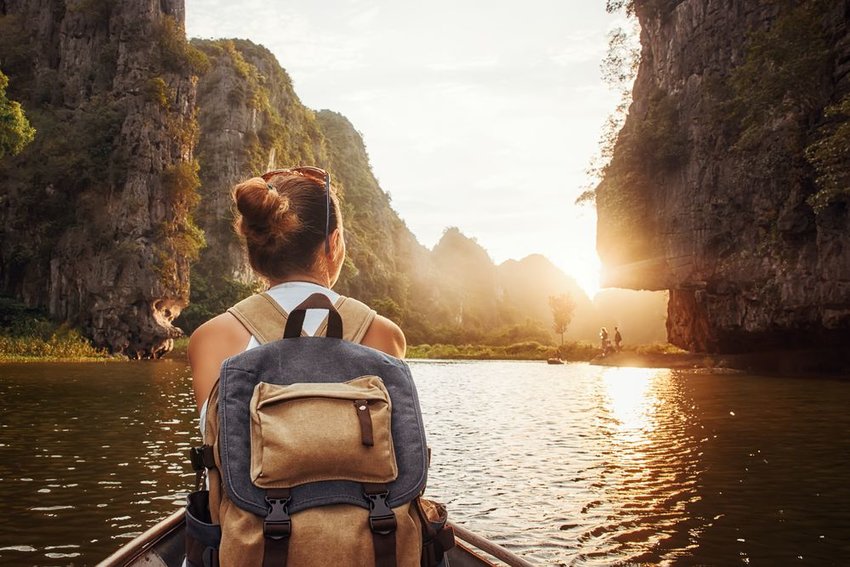
Solo travel is liberating, but for those contemplating going alone for the first time, it can be very daunting. Get used to the idea by reserving a spot on a group tour. Traveling in the company of like-minded individuals will give you confidence. Visiting somewhere familiar, but alone, is the next logical step. Choose somewhere that you already know — perhaps from a previous visit with friends and family. Progress to somewhere that’s alien, but has a well-developed tourist infrastructure and ideally, speaks your language. If you want to maximize your chances of making friends on the road, book a private room in a hostel, where you’ll have your own space but plenty of opportunities to interact with others on your own terms. Alternatively, sign up for walking tours. Keep yourself busy and you’ll forget you’re traveling alone.
Fear of Germs
Even the most hygiene-conscious of us will get a little stressed from time to time about picking up a bug. The fear of germs or mysophobia — if you want to sound fancy — shouldn’t hold you back from traveling. Take a packet of anti-bacterial wipes and use them religiously before you eat or when you visit the restroom. Research how clean your intended hotel room is likely to be using sites with tailored reviews such as those found on Booking.com and pick somewhere that gets a consistently high score. When you check-in, have a look on the sheets and mattresses for bedbugs. Keep your suitcase or bag shut to prevent germs and bacteria from straying inside. If you see anything that worries you, don’t be afraid to ask for a different room — or even a different hotel.
Fear of Heights
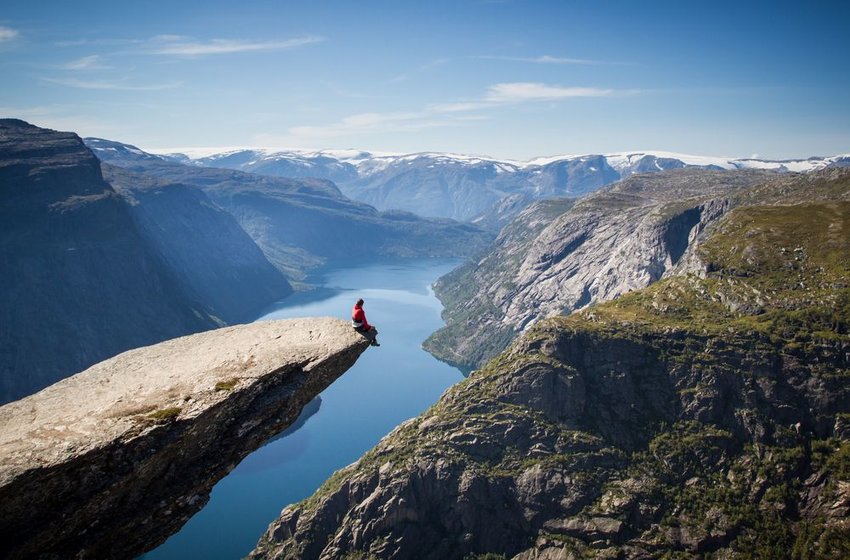
I’m not great with heights although I can generally cope so long as I don’t have to climb rickety steps. Sometimes — like the time I was desperate to reach the summit of Sigiriya in Sri Lanka because my all-time favorite band Duran Duran had made a video at the top — my desire outweighs my fear. While ascending the steps to Sigiriya, I fixated on the ankles of the random stranger I happened to be following and concentrated on counting each step rather than looking down. Other techniques such as focusing on your breathing can work. Try reducing your anxiety levels through meditation or yoga. Just make sure you know your limits. Don’t ever feel you have to put yourself in a situation where you feel uncomfortable or can’t cope.
Fear of Getting Lost
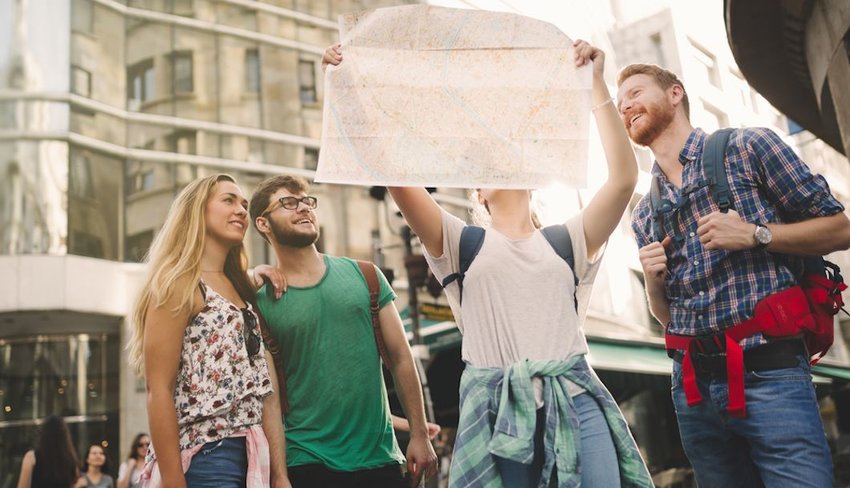
Often when we say we’re lost, we have a vague idea of where we are. It’s easy to take a wrong turn and stray into unmarked alleyways. But if that’s the case, it’s usually possible to ask a passerby to point you in the right direction and get you back to somewhere recognizable. If there’s a chance you’ll get lost in an unfamiliar city, take out your mobile phone and scout out the area on Google Maps or another navigation app before you set out. Even if you don’t have data roaming or a local SIM card, you can track your location against a local landmark. Be especially careful if your journey is likely to take you into a remote part of the countryside as the consequences of getting lost are potentially much more serious. Whether you’re driving or hiking, let someone know roughly where you’re going and when you’re likely to be back, so that they can raise the alarm if you don’t. But you almost always will. The chance of you getting lost in the bush is actually pretty small.
Fear of Crime
It’s perfectly normal to be afraid of falling victim to a crime — both at home and abroad. The good news is that with thorough preparation, you can minimize your chances of becoming a statistic. First, minimize risk. Do your research ahead of time and learn about any potential unsafe regions or travel advisories. If you have a choice, time your arrival in a new city to be during daylight hours. If that’s not possible, make sure you use a licensed taxi or pre-book a transfer with your hotel. Before stepping foot outside — particularly in a country where the average income is low — take steps to ensure your valuables are safe. Leave spare cards and cash, expensive jewelry, and your passport in a safety deposit box. Use zipped, cross-body bags when you’re out and about and avoid leaving belongings unattended. Act confidently even if you’re not. If you look vulnerable, you’ll be vulnerable.
Feature Image Credit: everst/ Shutterstock

